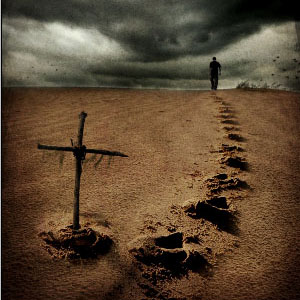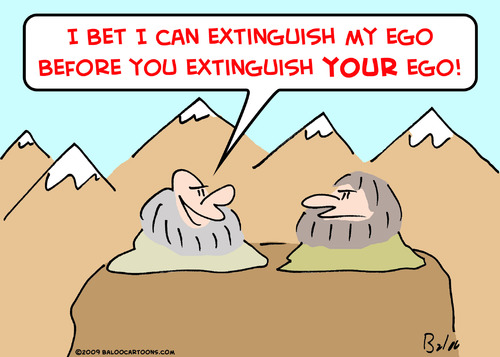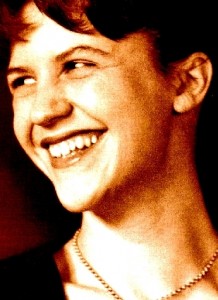
Should a novelist understand human behaviour?
Someone posed this question on a writers' board recently and it got me thinking. On the face of it, it sounds like a no-brainer. How on Earth can you ever write about real life if you don't understand the characters you create? But what does it mean to understand human behaviour?
Does it mean studying psychology? Yes, I think it does. But not in an academic sense. I studied some psychology back in my learning to be a teacher days and very little of it was ever of use to me. I mean studying psychology in the common sense meaning of the word. The sort of psychology your granny knew without ever opening a book.
But does it mean you have to know every intricacy of what motivates people? I don't see how you can, frankly, in that we are all unique and driven by different goals and fears. But you have to be an observer of people and open minded enough to accept them as they are, rather than judging them. If you're the sort who opens the Daily Mail and tut-tuts and every other story you read, you may not have the necessary empathy to inhabit your character's head.
Because fiction isn't always - and nor should it be - all sweetness and light. People read fiction to explore those darker areas they don't dare explore in their own lives. So to be a novelist means having the balls to lift the rock and look at what wriggles underneath. Most would shudder at it, but you can't afford to because the seamy side is your business. Unless you're Enid Blyton, of course.








